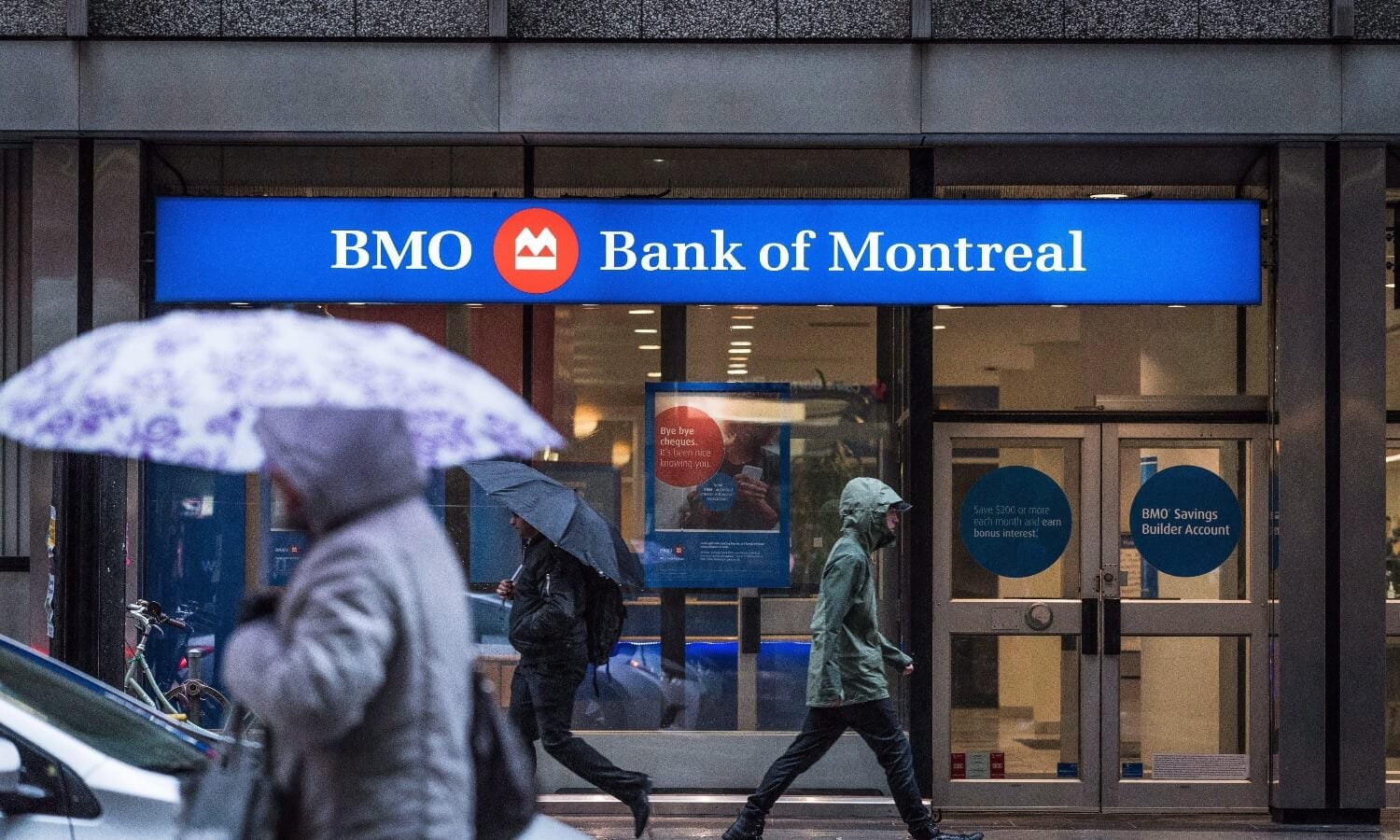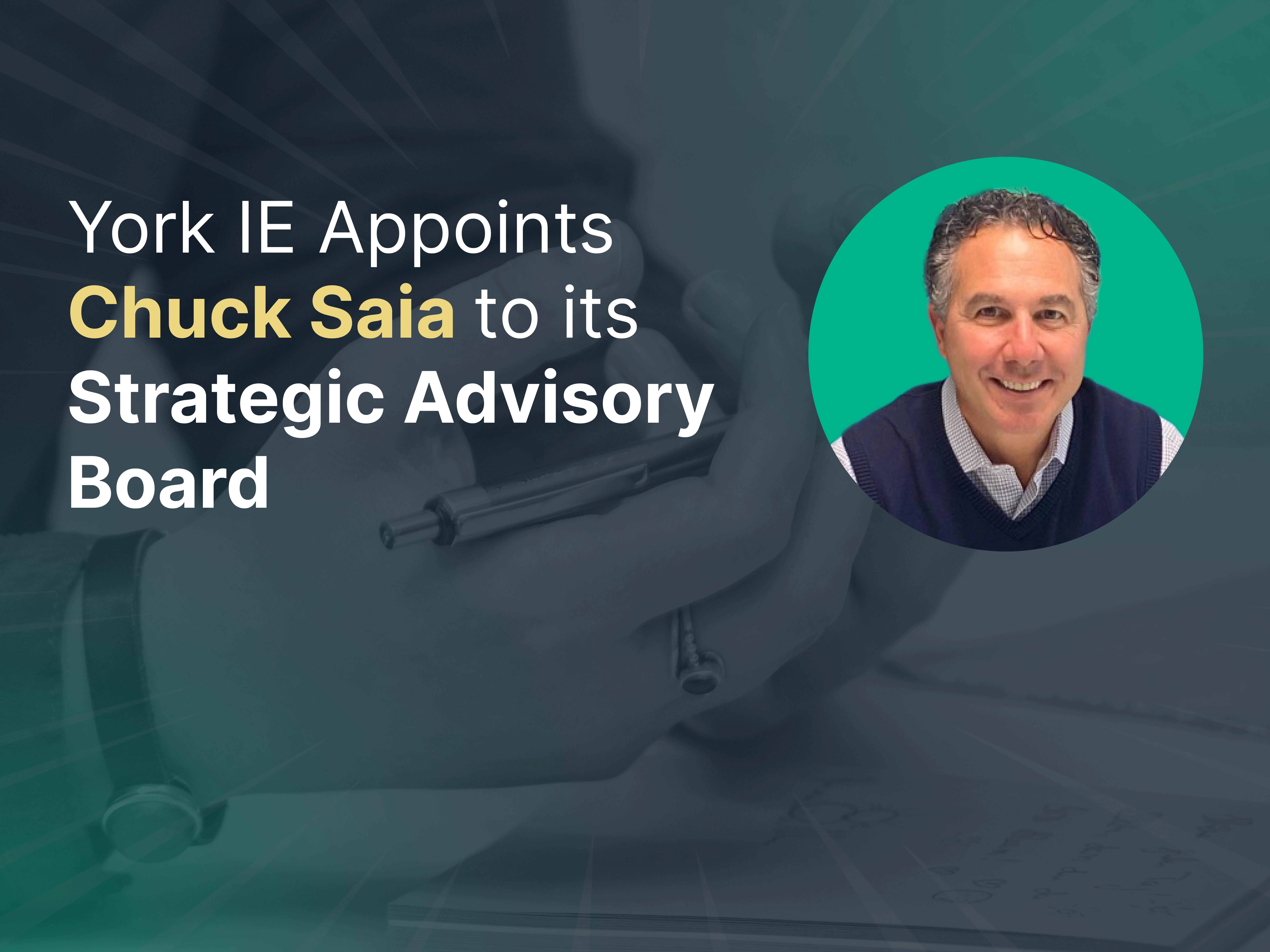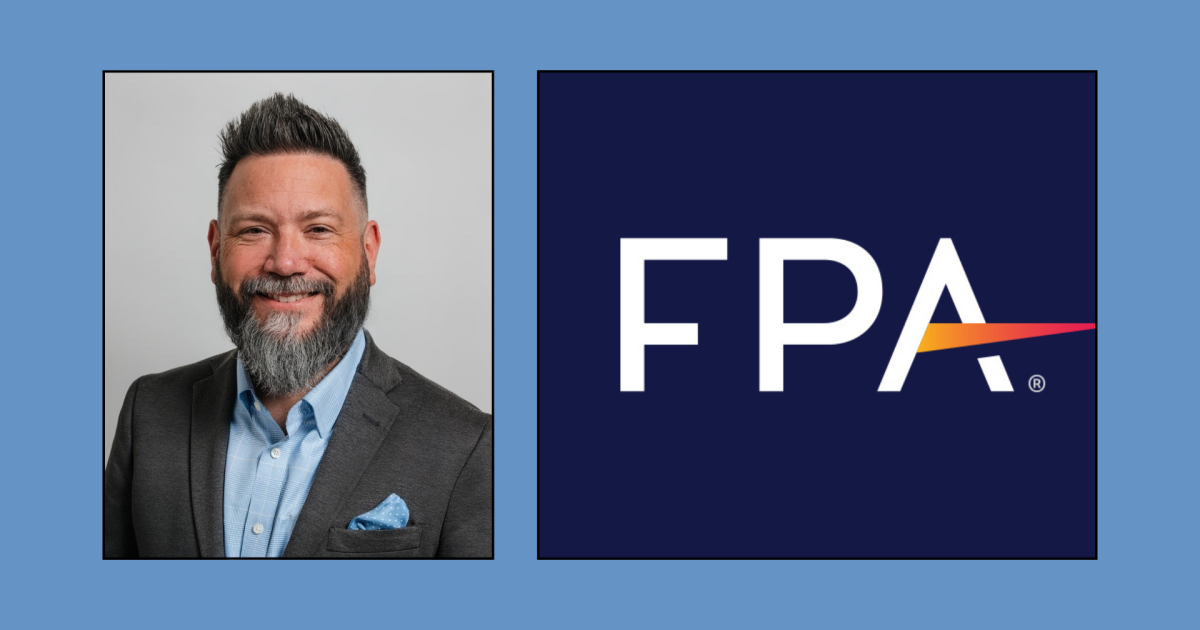Most investors assume their broker’s commission is straightforward, but the reality is far more complex. Wall Street has perfected subtle ways of increasing earnings without clients noticing. Seniors who rely on brokers for retirement planning are especially vulnerable because they often trust long‑standing relationships. Hidden fees and commission structures can erode savings over time, leaving retirees with less than expected. Here’s what you need to know about this.
The Illusion of “Free” Trades
Zero-commission trading sounds like a win for investors, but it’s often a smokescreen. Brokers still make money—just not in ways most people notice. One common tactic is payment for order flow, where brokers route your trades to market makers who pay for the privilege. This can result in slightly worse prices for you, while the broker earns a quiet kickback. So while your trade may be “free,” the hidden cost could be eating into your returns.
5 Sneaky Ways Brokers Earn Extra Commissions
Payment for Order Flow (PFOF). This is one of Wall Street’s favorite tricks. Brokers send your trades to third-party firms that pay them for the business. You might get a slightly worse execution price, but the broker gets paid regardless. It’s legal, but controversial—and it’s how many zero-commission platforms stay profitable. Always check if your broker uses PFOF and how it affects your trades.
Revenue from Cash Sweeps. When your uninvested cash sits idle, brokers often sweep it into low-yield accounts. They earn interest on that money while you get pennies. It’s a quiet way for brokers to profit from your inactivity. Some platforms offer higher-yield options, but you have to opt in. If you’re not paying attention, your cash could be making them more than it makes you.
Selling Proprietary Products. Brokers may push in-house mutual funds, ETFs, or insurance products with higher fees. These products often come with built-in commissions or bonuses for the broker. You might think you’re getting personalized advice, but it’s really a sales pitch. Always ask if the product is proprietary and compare it to independent alternatives. Transparency is key when commissions are involved.
Churning Accounts. Churning refers to excessive buying and selling to generate commissions. It’s more common with traditional brokers who still charge per trade. If your account shows frequent trades without a clear strategy, it’s worth investigating. Churning can erode your portfolio and inflate broker earnings. A good advisor should prioritize your goals—not their paycheck.
Hidden Fees in Advisory Accounts. Even fee-based accounts can have buried costs. Look out for wrap fees, platform fees, and fund-level expenses that aren’t clearly disclosed. These can add up quickly and reduce your net returns. Ask for a full breakdown of all fees before signing anything. The more you know, the better you can protect your investments.
Why It’s Hard to Spot the Tricks
Wall Street thrives on complexity, and that’s no accident. Many of these commission schemes are buried in fine print or disguised as “standard practice.” Investors often assume their broker is acting in their best interest, but that’s not always the case. Unless your advisor is a fiduciary, they’re not legally required to prioritize your financial well-being. That’s why understanding how brokers earn money is essential to protecting your own.
What You Can Do to Protect Yourself
The good news is that there are steps you can take to protect yourself. Here are three things you can do:
Start by asking direct questions about how your broker gets paid. If they hesitate or deflect, that’s a red flag.
Look for fiduciary advisors who are legally bound to act in your best interest.
Review your account statements regularly and question any unfamiliar charges or trades.
The more proactive you are, the harder it is for subtle commission tricks to slip through unnoticed.
The Real Cost of “Free” Advice
Wall Street’s commission tricks aren’t just about money—they’re about trust. When brokers prioritize profits over clients, it undermines the entire financial system. Investors deserve transparency, honesty, and advice that serves their goals. By learning how brokers really earn their income, you can make smarter choices and avoid costly surprises. In the end, “free” advice often comes with a hidden price tag.
Have you ever questioned your broker’s fees? Sharing your experience could help other seniors avoid costly mistakes.
You May Also Like…
8 ETF Errors That Cost More Than Mutual Funds Ever Did
14 Signs It May Be Time to Sell Your Mutual Fund
Investing in crypto for retirement: Is it a smart move or a risky bet?
Crypto and the New Structure Bill: What Investors Need to Know
Real or Fallacy: Did Some Retail Investors Make $4 Million In The Stock Market Over The Past 3 Years?

























